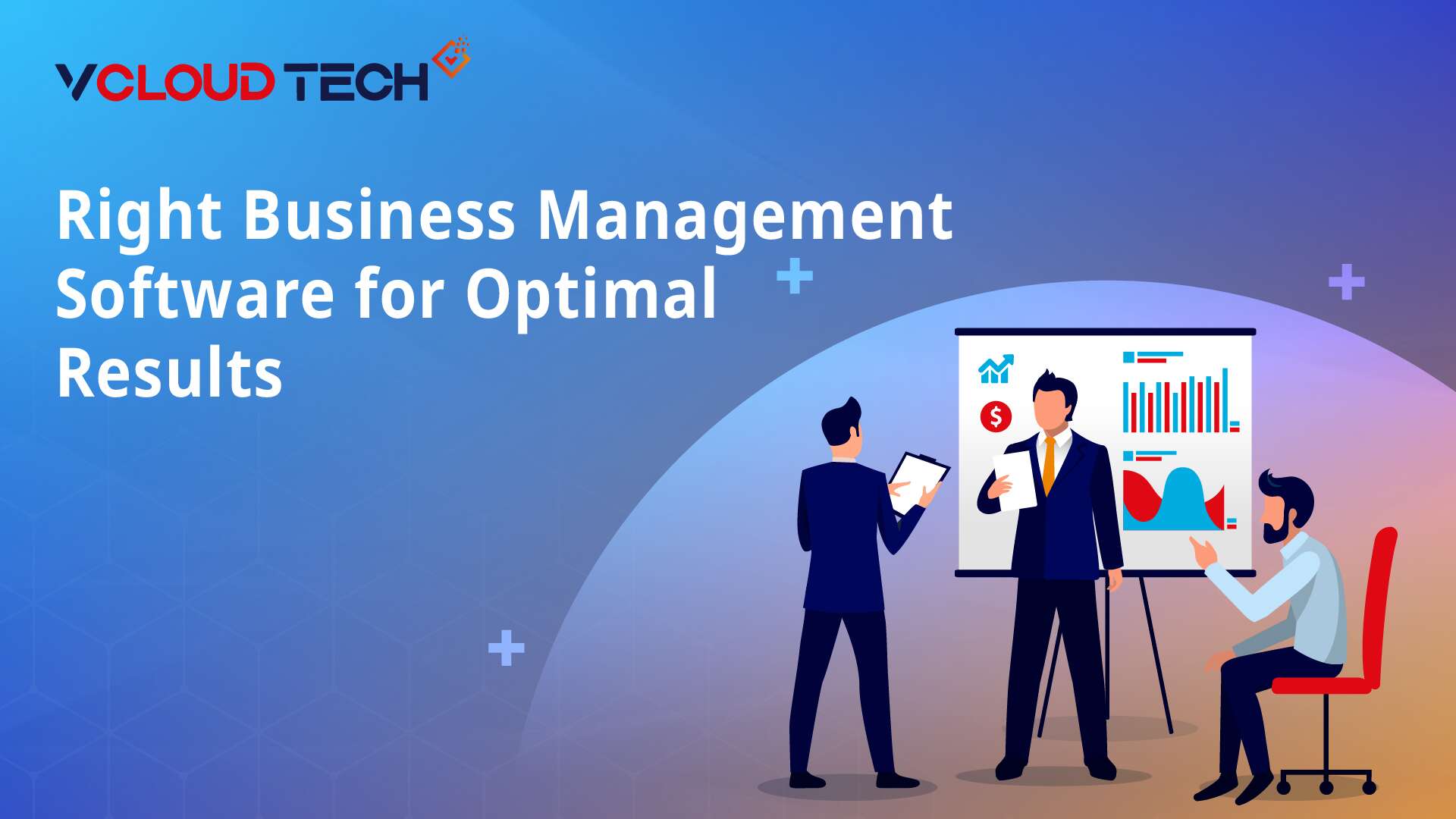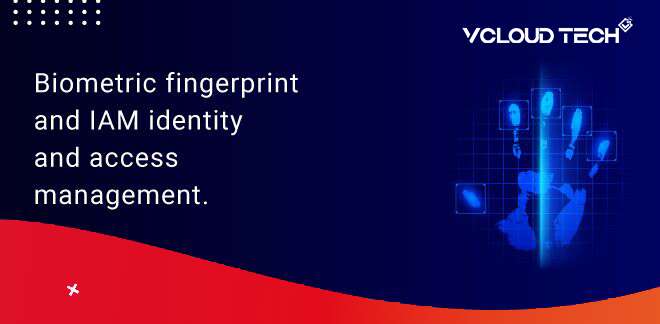In today’s fast-paced business landscape, streamlining operations and simplifying processes are essential for sustainable success. That is where Business Management Software (BMS) comes into play. BMS, or Business Process Management or BPM tools, is a comprehensive solution designed to optimize various aspects of business operations. In this article, we will explore the significance of BMS and delve into selecting the ideal software that caters to your specific business needs..
What is Business Management Software?
Business Management Software is a category of applications and tools designed to streamline and automate various aspects of business operations. These software solutions enhance efficiency, productivity, and collaboration within an organization. They can be used in businesses of all sizes, from small startups to large enterprises.
Types of Business Management Software:
Customer Relationship Management (CRM) Software: CRM software helps businesses manage interactions with current and potential customers. It typically includes features for contact management, sales pipeline tracking, customer support, marketing automation, and analytics.
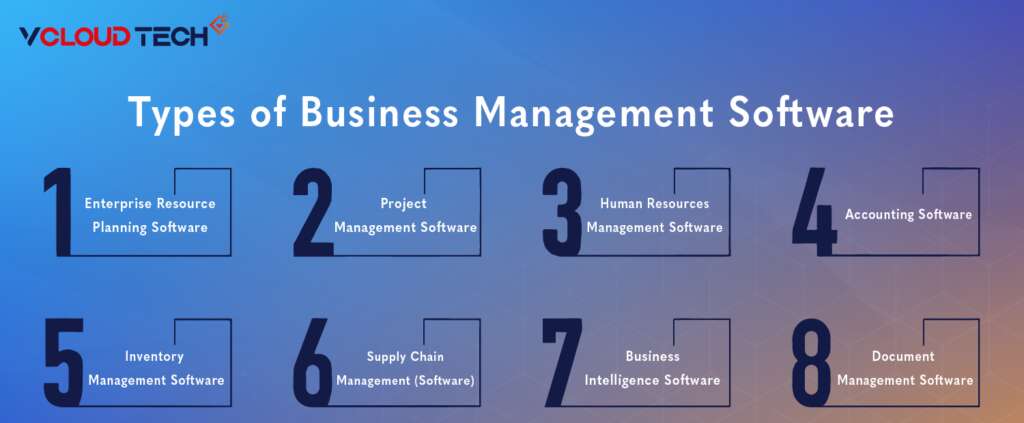
Enterprise Resource Planning (ERP) Software:
ERP software integrates and centralizes core business processes like finance, human resources, inventory management, supply chain, and manufacturing. It enables data sharing across various departments, streamlining workflows, and improving decision-making.
Project Management Software:
This software is designed to help teams plan, execute, and monitor projects effectively. It usually includes features like task assignment, progress tracking, resource allocation, and collaboration tools.
Human Resources Management System (HRMS) Software:
HRMS software handles various HR-related tasks, such as employee information management, payroll processing, benefits administration, performance evaluation, and attendance tracking.
Accounting Software:
Accounting software aids in managing financial transactions, invoicing, budgeting, and generating financial reports. It simplifies bookkeeping tasks and ensures accurate financial records.
Inventory Management Software:
This software assists businesses in tracking and managing their inventory levels. It helps optimize stock levels, prevent stockouts, and automate reordering processes.
Supply Chain Management (SCM) Software:
SCM software optimizes and manages the entire supply chain, from procurement and logistics to warehouse management and distribution.
Business Intelligence (BI) Software:
BI software helps collect, analyze, and visualize data from various sources to provide insights that aid in making informed business decisions.
Document Management Software:
This software helps organizations organize, store, and manage digital documents, making it easier for teams to collaborate and access critical files.
These are just a few examples of the types of Business Management Software available. Depending on the specific needs of a company, numerous other specialized software solutions cater to different aspects of business management.
Streamlining Business Processes with BMS
Efficient office management is crucial for productivity and employee satisfaction. BMS offers various tools that cater to administrative tasks and employee well-being. For instance, BMS can automate employee onboarding, making the process seamless and error-free. Additionally, it can manage employee leave requests and performance evaluations, freeing HR professionals from administrative burdens.
Office management software like Business Suite also facilitates effective document management. That ensures that important files are easily accessible to authorized personnel while maintaining data security. One of the significant advantages of BMS is its ability to simplify and automate complex business processes. With BMS, redundant and time-consuming tasks can be automated, allowing employees to focus on value-added activities.
For example, BMS can streamline the order-to-cash process by automating invoicing, payment reminders, and order tracking. That reduces the chances of errors and ensures timely payments, leading to improved cash flow.
Moreover, BMS can revolutionize procurement by automating the purchase requisition and approval process. The software can suggest the best suppliers and negotiate favorable terms by leveraging historical data and vendor performance.
How Business Management Software Simplifies Processes
Business Management Software simplifies processes in various ways, providing numerous benefits to organizations. Here are some of the key ways in which it streamlines operations and enhances efficiency:
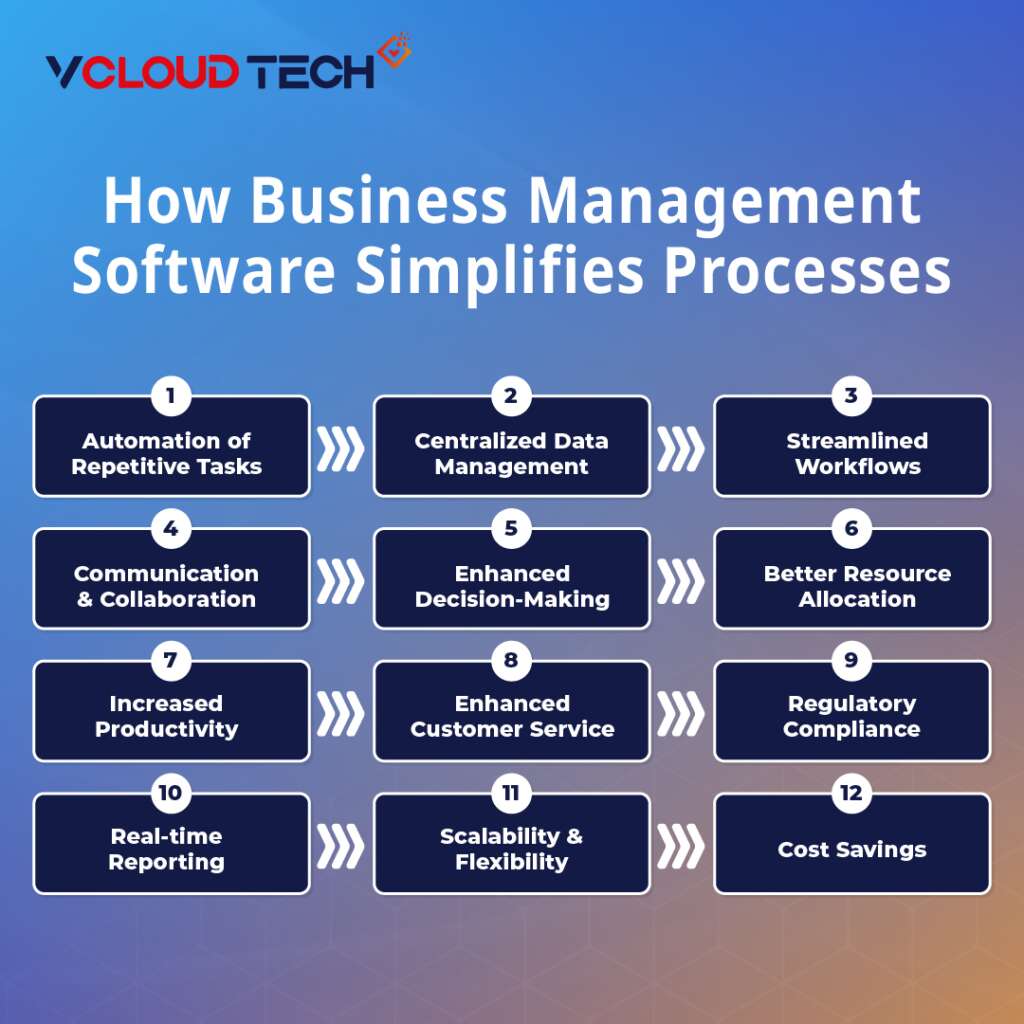
Automation of Repetitive Tasks:
Business Management Software automates mundane and repetitive tasks, reducing the need for manual intervention. That saves time and minimizes the chances of errors, allowing employees to focus on more strategic and value-added activities.
Centralized Data Management:
These software solutions often centralize data from different departments or business functions into a single database. This unified data repository improves data accuracy and accessibility and reduces the need to search for information across multiple systems.
Streamlined Workflows:
By mapping out and optimizing workflows, these tools help ensure that processes follow a consistent and efficient path. Employees can easily track the status of tasks, collaborate with team members, and identify potential bottlenecks.
Improved Communication and Collaboration:
Business Management Software often includes communication and collaboration features that facilitate seamless interaction among employees, teams, and departments. That enhances teamwork and knowledge sharing.
Enhanced Decision-making:
With access to real-time data and advanced analytics, decision-makers can make more informed choices. The software provides valuable insights into various aspects of the business, empowering leaders to make data-driven decisions.
Better Resource Allocation:
Business Management Software helps organizations allocate resources effectively, whether personnel, finances, or inventory. That optimizes resource utilization and reduces wastage.
Increased Productivity:
By automating tasks, reducing manual efforts, and providing BMS tools for better organization and planning, these software solutions contribute to overall workforce productivity.
Enhanced Customer Service:
CRM software, in particular, improves customer service by providing a 360-degree view of customer interactions. That enables businesses to deliver personalized and timely support, increasing customer satisfaction.
Regulatory Compliance:
Many Business Management Software solutions have features to ensure industry regulations and standards compliance. That minimizes the risk of penalties or legal issues.
Real-time Reporting:
Businesses can generate real-time reports and dashboards, giving them up-to-date insights into their performance. That allows companies to quickly identify trends, strengths, weaknesses, and opportunities for improvement.
Scalability and Flexibility:
As businesses grow, their needs change. Business Management Software is often designed to be scalable and flexible, allowing organizations to adapt and accommodate evolving requirements.
Cost Savings:
Though implementing Business Management Software involves an initial investment, the long-term savings from increased efficiency, reduced errors, and better resource utilization can be substantial.
Integrating BMS with IT Management Software
In today’s digital landscape, businesses often rely on a combination of software to manage their operations effectively. Integrating BMS with IT management tools can yield additional benefits and enhance overall performance. When BMS and IT business management software are combined, they complement each other’s functionalities. For instance, BMS can automate workflow approvals, and IT management software can oversee software updates and security patches. This synergy results in a smoother, more efficient system. Moreover, data security is a top priority for businesses. Integrating BMS with IT management software protects sensitive data from cyber threats.
Selecting the Right Business Management Software for Your Business
Choosing the ideal BMS requires a systematic approach to meet your needs. Follow these steps to make an informed decision:
Identify Business Requirements:
Involve key stakeholders to identify pain points and prioritize essential features for your business.
Conduct In-Depth Research:
Explore multiple BMS options and compare their features, pricing, and customer reviews.
Request Demos and Trials:
Request demos from shortlisted vendors to understand how the software works in real-world scenarios. Trials can give you hands-on experience before committing.
Consider Scalability and Future Needs:
Ensure the chosen BMS can accommodate future growth and adapt to changing business requirements.
How Business Management Software Revolutionizes Operations
Business Management Software (BMS) revolutionizes operations by introducing a range of transformative capabilities that significantly enhance organizations’ efficiency, productivity, and overall performance. Here’s how BMS brings about this revolution:
Process Automation:
BMS automates repetitive and time-consuming tasks, reducing the reliance on manual efforts. This automation streamlines workflows eliminates human errors, and allows employees to focus on more strategic and value-added activities, leading to increased productivity.
Centralized Data Management:
BMS centralizes data from various departments and functions into a single, integrated platform. This unified data repository ensures data consistency, accuracy, and accessibility, enabling better decision-making based on real-time information.
Real-time Insights and Reporting:
With advanced analytics and reporting features, BMS provides real-time insights into various aspects of the business. Leaders and managers can access meaningful data quickly, empowering them to make informed decisions promptly.
Enhanced Collaboration and Communication:
MS fosters better collaboration among teams and departments by providing communication tools, task management features, and shared access to information. That improves teamwork, knowledge sharing, and overall efficiency.
Streamlined Workflows:
BMS maps out and optimizes workflows, ensuring processes follow a consistent and efficient path. This results in faster project completion, reduced delays, and improved resource allocation.
Customer Relationship Management (CRM):
A CRM module within BMS helps manage customer interactions effectively. It provides a holistic view of customer data, enabling personalized communication, efficient sales processes, and improved customer service.
Improved Customer Service:
BMS facilitates better customer service through efficient ticketing systems, self-service portals, and automated responses. That leads to higher customer satisfaction and loyalty.
Supply Chain Optimization:
BMS with supply chain management capabilities helps optimize procurement, inventory, and logistics processes. It minimizes stockouts, reduces lead times, and improves overall supply chain efficiency.
Better Resource Allocation:
BMS assists in allocating resources effectively, such as personnel, finances, and inventory. This optimization leads to cost savings and better resource utilization.
Regulatory Compliance:
BMS often includes features to ensure industry regulations and standards compliance. That minimizes the risk of penalties and legal issues.
Scalability and Flexibility:
Business Management Software is designed to scale as the organization grows. It adapts to changing needs and accommodates new processes and functionalities.
Mobile Accessibility:
Many BMS solutions offer mobile apps or web interfaces, allowing users to access essential business information and perform tasks on the go, promoting flexibility and remote work capabilities.
Data Security:
BMS typically incorporates robust security measures, encryption, and access controls to protect sensitive business data from unauthorized access and cyber threats.
Factors to Consider When Choosing BMS
Selecting the right BMS is a critical decision that can significantly impact your business’s efficiency and growth. To make an informed choice, several factors should be considered:
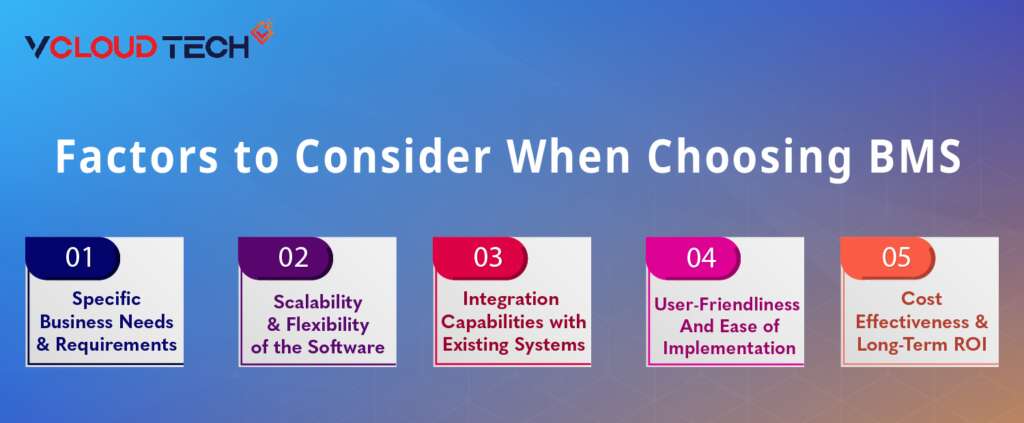
Specific Business Needs and Requirements:
Analyze your business processes and identify pain points and areas for improvement. Prioritize features that align with your business objectives.
Scalability and Flexibility of the Software:
Ensure the chosen BMS can accommodate your business’s growth and adapt to evolving requirements.
Integration Capabilities with Existing Systems:
Verify that the BMS can seamlessly integrate with your current software and databases to avoid data silos and enhance data flow.
User-Friendliness and Ease of Implementation:
A user-friendly BMS with a smooth implementation process will minimize disruptions and encourage quicker employee adoption.
Cost-Effectiveness and Long-Term ROI:
While considering the upfront costs, evaluate the long-term return on investment (ROI) the software can provide through increased efficiency and reduced operational costs.
Explore More About Best Tool For Password Management:
Common Challenges Organizations May Face During BMS Implementation
Implementing Business Management Software (BMS) can be complex and challenging. Some of the common challenges organizations may face during BMS implementation include:
Resistance to Change:
Employees might resist adopting new software, primarily if used to traditional manual processes. Overcoming this challenge requires effective change management, involving employees in decision-making, providing proper training, and highlighting the new system’s benefits.
Data Migration and Integration:
Transferring data from existing systems to the new BMS can be challenging. Incompatibility issues and data mapping complexities may arise. To overcome this, thorough planning, data cleaning, and testing are essential. Integration with other existing software and systems should also be carefully considered.
Lack of Clear Objectives:
Without clear goals and objectives for BMS implementation, the project may lack direction, leading to confusion and inefficiencies. Establishing measurable objectives and aligning them with business needs is crucial to success.
Insufficient Resources and Expertise:
Implementing BMS requires adequate resources in terms of budget and skilled personnel. A lack of expertise in the chosen BMS can lead to delays and errors. Investing in training or hiring experienced consultants can address this challenge.
Customization Complexity:
Businesses often have unique processes that may require customization of the BMS. However, excessive customization can lead to increased costs, longer implementation times, and difficulty upgrading the system. Balancing customization with standard features is essential.
Data Security and Privacy Concerns:
BMS deals with sensitive business data, and ensuring its security and compliance with privacy regulations is crucial. Implementing robust security measures, encryption, and access controls can mitigate these concerns.
User Training and Adoption:
Inadequate user training can result in underutilization of the BMS or even user errors. Investing in comprehensive training programs and providing ongoing support is essential for successful user adoption.
Vendor Reliability and Support:
Choosing the right BMS vendor is crucial. Organizations should thoroughly assess vendor reputation, support capabilities, and long-term commitment to the product.
Interdepartmental Collaboration:
Different departments within an organization may have varying needs and expectations from the BMS. Collaboration and communication between departments help ensure the BMS meets the diverse requirements.
To overcome these challenges, a well-planned BMS implementation strategy is essential. That includes conducting thorough research and analysis before selecting a suitable BMS, involving key stakeholders in the decision-making process, creating a realistic timeline and budget, and establishing clear objectives. Additionally, organizations should prioritize change management, invest in adequate training and support, and work closely with the BMS vendor throughout the implementation process. Regular monitoring and evaluation will help identify and address issues promptly, ensuring a successful BMS implementation that aligns with business goals.
Conclusion
Choosing the right Business Management Software can revolutionize your operations, enhancing efficiency, collaboration, and overall performance. By understanding your business needs and evaluating various options, you can make an informed decision that drives optimal results. Embrace the transformative power of BMS to lead your business to greater heights.
FAQs
What is Business Management Software (BMS)?
Business Management Software (BMS) is an integrated suite of applications designed to optimize various aspects of business operations, including customer relationship management, human resources, finance, and supply chain.
Why is BMS essential for businesses?
BMS simplifies processes, automates tasks, and improves decision-making, leading to increased productivity, cost reduction, and better customer experiences.
How can BMS benefit small businesses?
BMS tailored for small businesses offers budget-friendly solutions that can be scaled up as the business grows, enhancing efficiency and organization.
How does BMS revolutionize business operations?
BMS streamlines processes enhances collaboration, optimizes inventory management, and automates tasks, resulting in transformative improvements in operations



